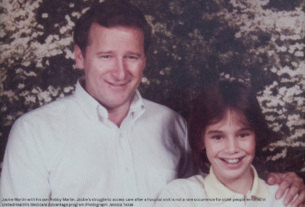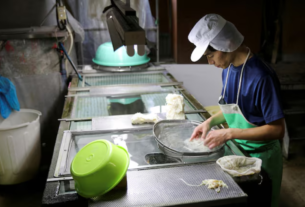The Crucial Role of Human Rights Advocates in Conflict Resolution
In a powerful speech, Volker Türk, the United Nations High Commissioner for Human Rights, underscored the vital importance of human rights defenders in resolving conflicts. Addressing an international conference focused on human rights and global peace, Türk pointed out that these advocates are not just champions of justice; they are also essential players in peacebuilding efforts in regions facing turmoil.
In light of rising global conflicts and diminishing civic spaces, Türk’s comments serve as a strong reminder of the need to protect those who dedicate themselves to upholding human dignity and freedom.
Human Rights Defenders: Catalysts for Change
Human rights defenders (HRDs) are individuals or groups committed to promoting and safeguarding fundamental freedoms, often at significant personal risk. They confront injustices, advocate for marginalized communities, and strive to establish accountability in areas plagued by conflict and authoritarian rule.
Türk highlighted that the role of HRDs is crucial in conflict zones, where their work often acts as a bridge between opposing factions and a route to peace. “Human rights defenders are not only the voice of the voiceless but also the architects of solutions,” he stated. “Their courage and determination lay the foundation for reconciliation and lasting peace.”
In countries enduring prolonged conflict, such as Syria, Myanmar, and Sudan, HRDs document human rights violations, facilitate dialogue, and offer essential support to victims. Türk argued that their efforts are vital in preventing further escalation and creating an environment that is conducive to negotiation and resolution.
Challenges Faced by Human Rights Advocates
Human rights defenders (HRDs) play a vital role, yet they encounter numerous challenges, including threats, harassment, and violence. Many work in oppressive regimes that perceive their efforts as a threat to authority. Türk pointed out that in 2024 alone, hundreds of HRDs were detained, attacked, or killed globally, often without any consequences for the perpetrators.
The rise of the digital age has brought about new dangers, as HRDs are increasingly targeted by cyberattacks, surveillance, and disinformation campaigns. This not only hampers their work but also puts them at greater risk.
“Human rights defenders are under siege,” Türk cautioned. “Their safety and freedom are essential for global peace and justice. We must unite to protect them.”
The Need for International Support
Türk urged governments, international organizations, and civil society to enhance their efforts in safeguarding HRDs. He emphasized the necessity of establishing legal frameworks that acknowledge and protect their work, as stated in the 1998 UN Declaration on Human Rights Defenders.
He also called for increased financial and institutional support to empower HRDs in their crucial missions. “Resources are the lifeblood of their advocacy,” he remarked. “Without sufficient backing, we risk silencing the voices that are essential for achieving lasting peace.”
Türk underscored the importance of the international community in holding accountable those who attack HRDs. He advocated for stronger mechanisms to investigate and prosecute individuals who commit violence against these defenders.
Human Rights and Sustainable Peace
The High Commissioner emphasized the deep connection between human rights and sustainable peace. He stated that tackling the root causes of conflict—like inequality, discrimination, and lack of access to justice—cannot happen without the active participation of human rights defenders (HRDs).
“Peace is not just the absence of war; it is the presence of justice and equality,” Türk remarked. “Human rights defenders are fundamental to this vision. By safeguarding them, we safeguard the potential for a more just and peaceful world.”
A Call to Action
Türk’s speech wrapped up with a compelling call to action, urging global leaders to make the protection of HRDs a top priority. He called on the international community to view their efforts not merely as acts of bravery but as crucial contributions to our shared future.
The High Commissioner’s message is particularly relevant as the world confronts unprecedented challenges to peace and human rights. By highlighting the essential work of HRDs, Türk has reminded us of the lasting impact of both individual and collective efforts in striving for a better world.




